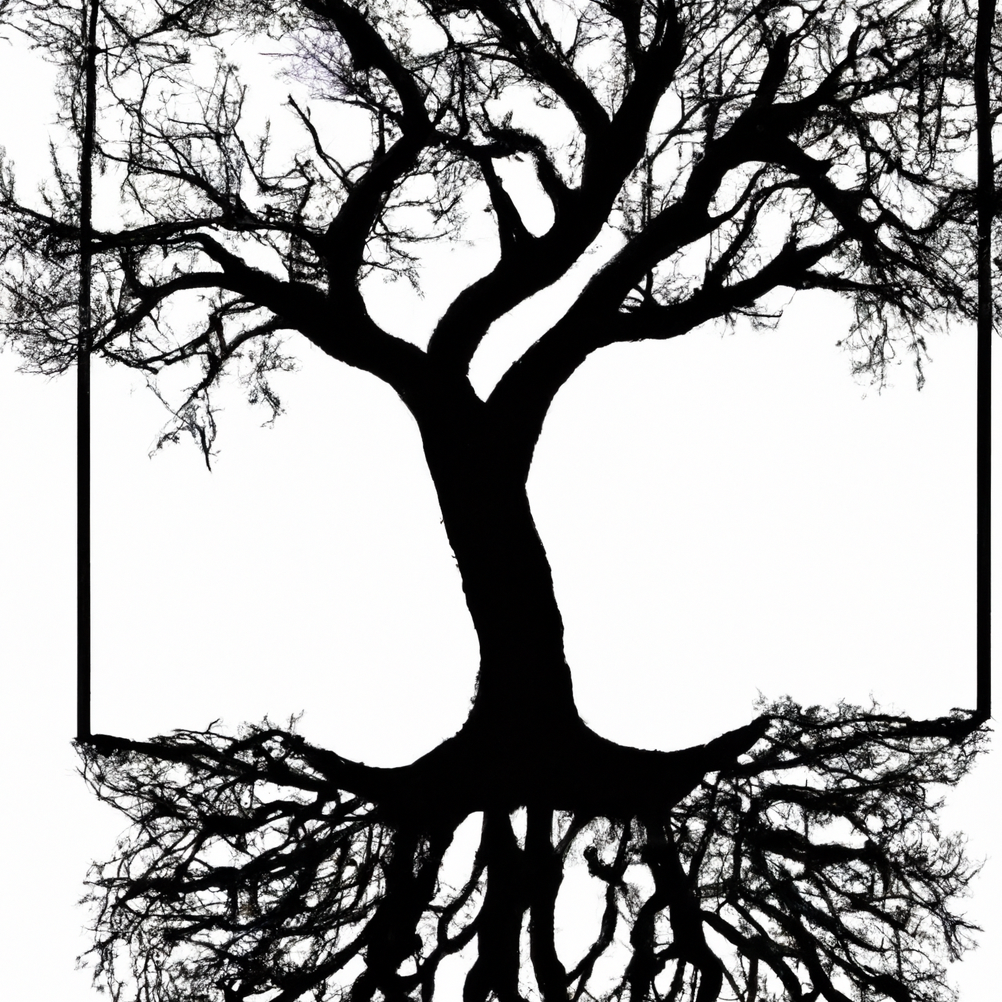Teaching activities
Teaching Bachelor’s and Master’s courses was a lot of fun for me. I enjoyed sharing my view on topcis like scientific explanations, visual representations in science and introducing students to feminist perspectives on scientific practices and theories. I also saw myself as a role model for female students who were thinking of doing a PhD in philosophy. The evaluations of my courses showed that I was able to inspire students and spark their interest in philosophy of science which I understand as a huge success.
At the University of Münster, I worked in a multidisciplinary team together with biologists and biomedical researchers who researched pathogen evolution and host-parasite coevolution, among other things. I am particularly grateful to the members of the Research Group Animal Evolutionary Ecology for supporting my teaching activities. They gave my students a lab tour and engaged them in lively discussions on evolutionary theory and experimental practices. I also thank my supervisors for giving me the freedom to choose the topics and teaching materials for my courses.
My courses
During my time as a doctoral student in Kassel and Münster, I gave four courses:
- Theories of explanation and explanatory practices in the sciences, University of Münster, winter semester 2017/18 [in German]
- Feminist science and feminist philosophy of science, University of Kassel, winter semester 2016/17 [in German]
- A picture is worth a thousand words. Visualization in the sciences, University of Kassel, summer semester 2016 [in German]
- Introduction to Philosophy of Biology, University of Kassel, winter semester 2015/16 [in German]
Training
As I had no prior teaching experiences, I attended the workshop Foundations of Teaching and Learning at Universities at the University of Kassel to learn how I could structure my courses and formulate learning objectives. As part of the workshop I was also introduced to useful teaching methods and encouraged to reflect on myself as a teaching personality. Peer observation was an additional useful element of the workshop.


